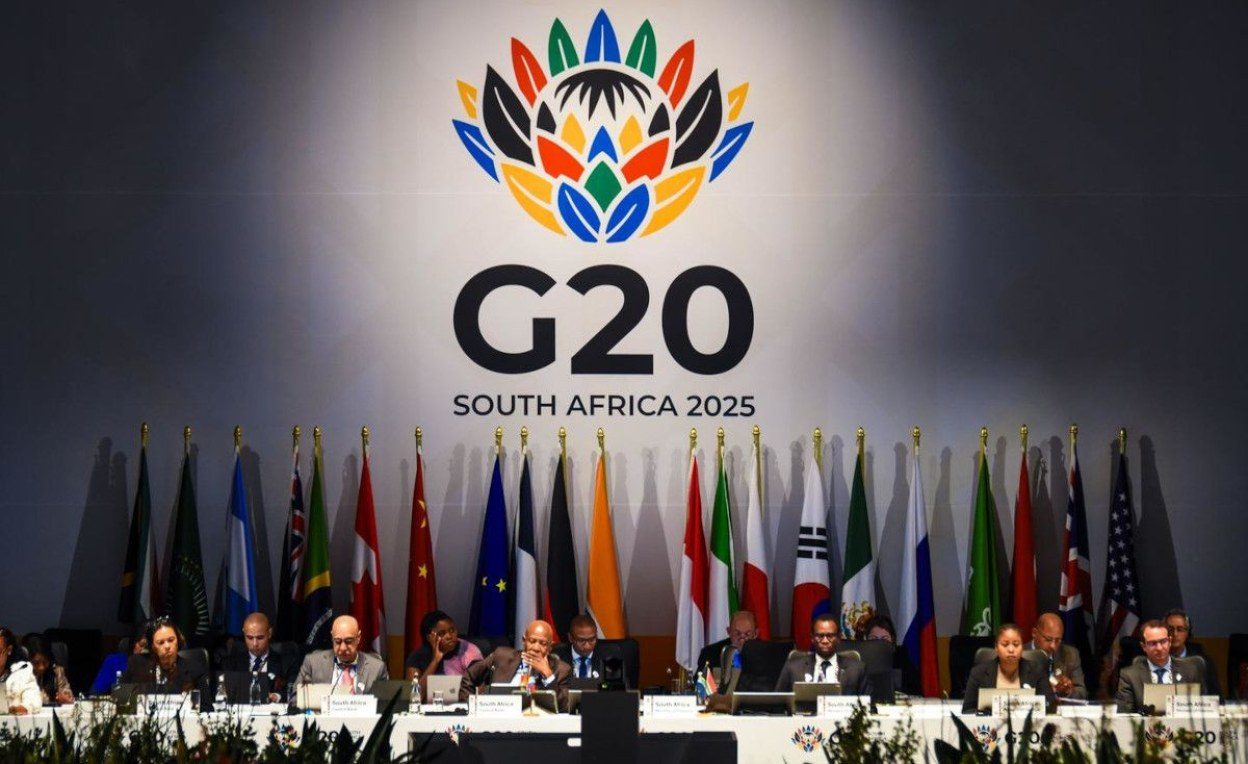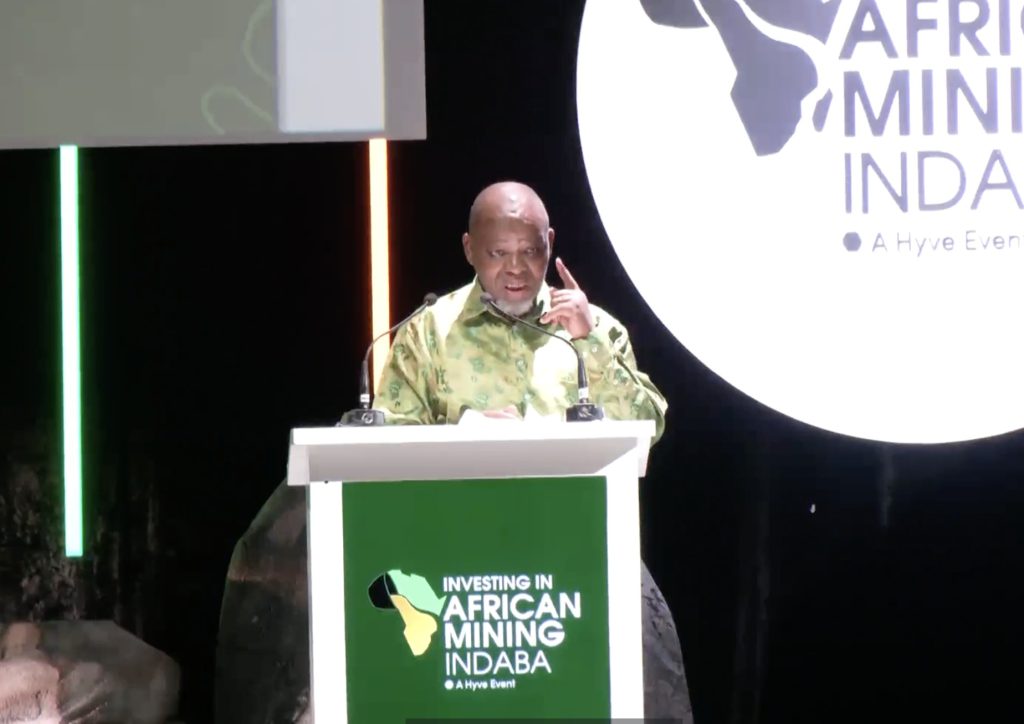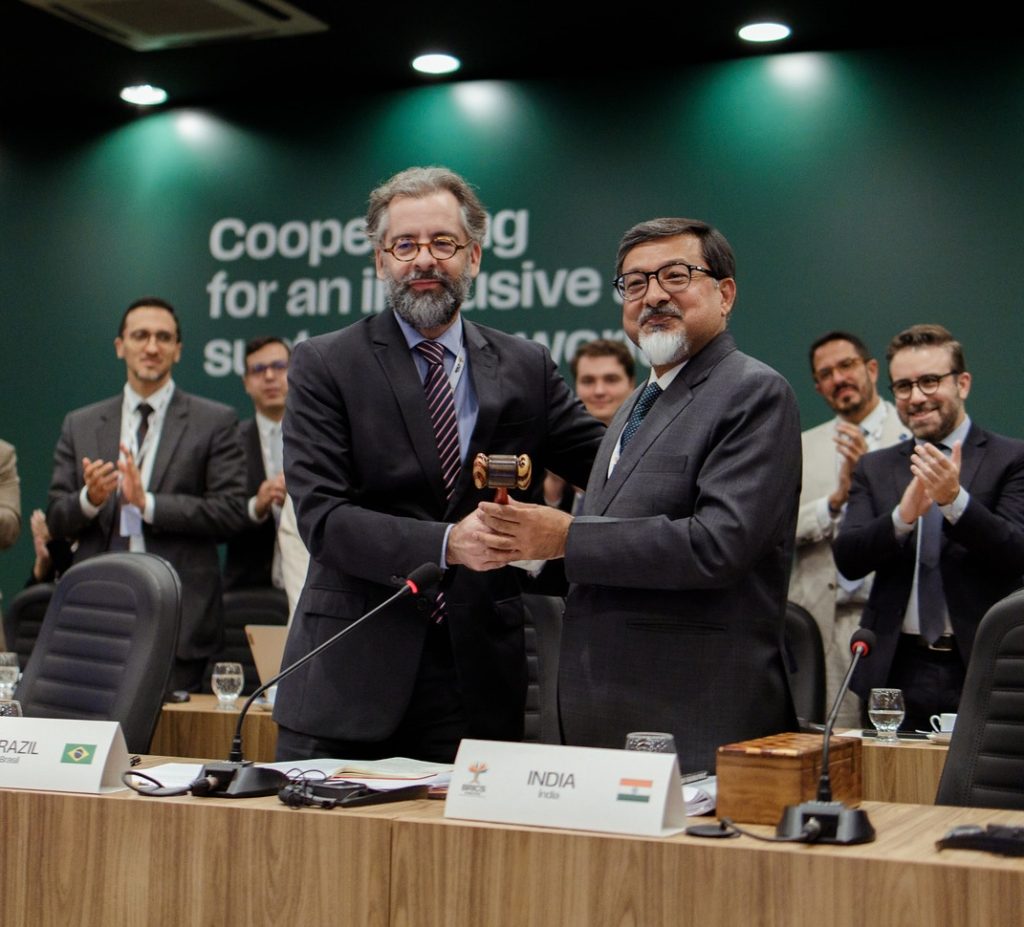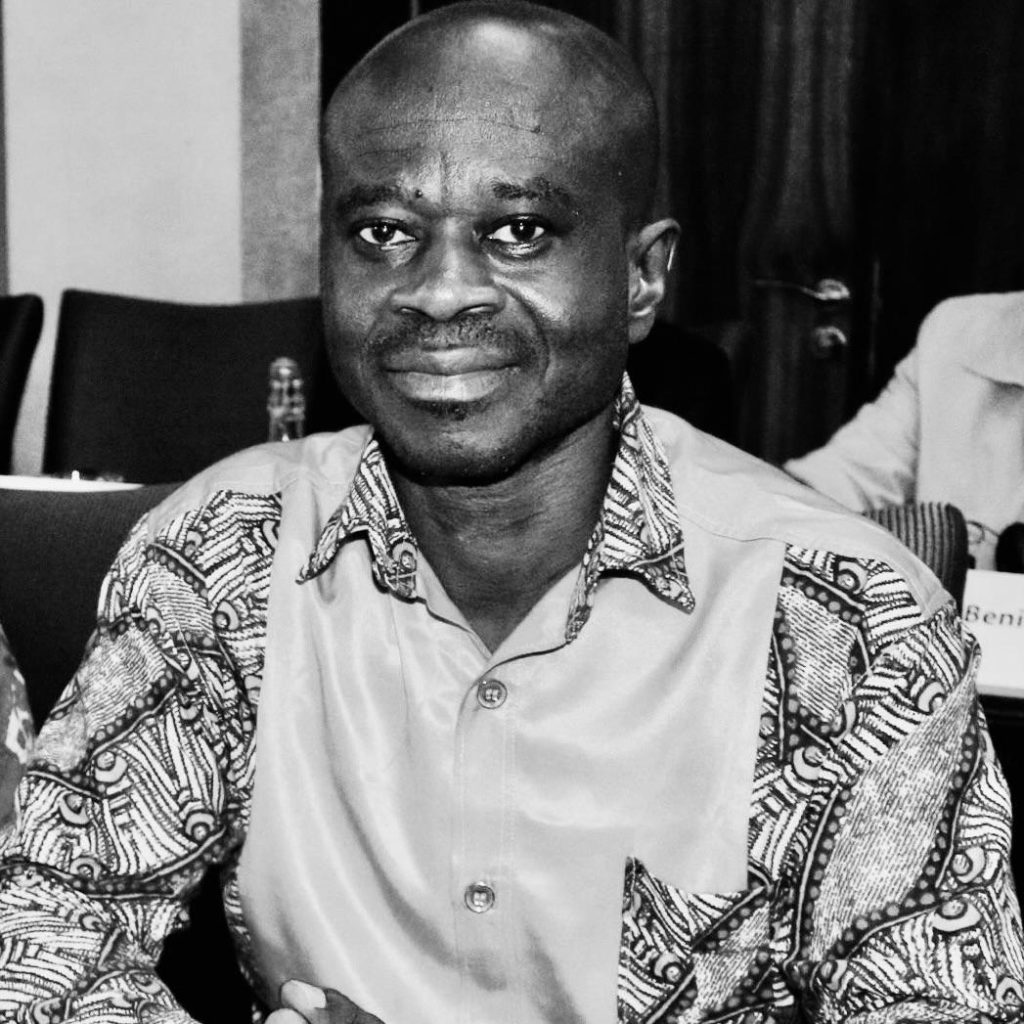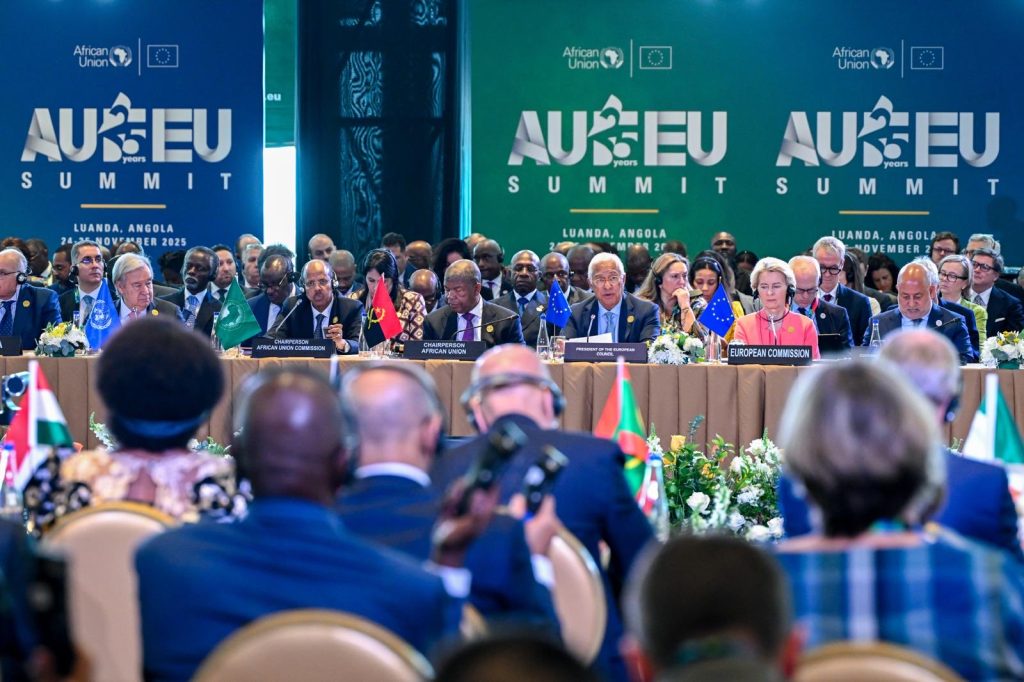South Africa’s G20 presidency played out in a year where multilateralism itself has been under severe strain, with international cooperation around climate change in a particularly difficult position. Yet, with a combination of pluck, determination and effective diplomacy, South Africa achieved what many thought was impossible. The G20 Summit, hosted this past weekend, resulted in a Leaders’ Declaration calling for strong collective action on climate change, a recommitment to multilateral climate action through the Paris Agreement, and support for a just energy transition. But are these empty words? And what, if anything, does this mean for Africa’s broader continental climate agenda?
Solidarity, Equality and Sustainability – A surprisingly controversial agenda
South Africa’s approach to its G20 presidency was informed by the fact that this would be the last in a series of Global South presidencies and the end of the first cycle of G20 presidencies. Based on this, it was motivated to consolidate the focus on equality, inclusiveness and addressing the structural imbalances of the global economy, themes that had been prominent in the preceding presidencies under Indonesia, India and Brazil. South Africa was also clear that it wanted to advance Africa’s priorities under its presidency, especially with the African Union (AU) having recently joined the G20.
The focus on solidarity, equality and sustainability seemed to provide a sufficiently broad framing to address a range of challenges. Yet, with Trump beginning a second term as United States President in early 2025, signs of trouble soon emerged. US Secretary of State Marco Rubio early in the year characterised South Africa’s theme as “DEI and climate change”, referring to it as anti-Americanism, and proclaiming that the US would not participate.
South Africa’s presidency faced headwinds, not only due to a generally belligerent US foreign policy and climate scepticism, but also a severely strained US-South Africa relationship, tied to the country’s BRICS membership, its role in the International Criminal Court declaration on genocide in Gaza, and allegations by Trump (widely debunked) of a genocide against South Africa’s white minority population.
The G20 Climate Agenda: Ambition in a time of fatigue and animosity
While the US’ position significantly impacted climate and the just energy transition negotiations, there was also a broader context at play. Developed countries were facing increasing internal scepticism about the pace of the energy transition, concerns on overseas development assistance and economic dynamism, and a renewed focus on narrowly-defined national interests.
Negotiations across the various climate change related working groups were difficult throughout the year. Many of the working group meetings were boycotted by the US, with slow progress made towards a draft text for a ministerial declaration at the final meetings in September and October. In most cases, the US reengaged during these meetings, scuppering any chance of consensus. In the case of the Environment and Climate Sustainability Working Group, no outcome on climate or the energy transition could be reached, yet ministerial declarations were achieved on the issues of air quality (a new item on the G20 agenda) and crimes affecting the environment. In most working groups, however, there were no agreements on ministerial declarations, leaving South Africa’s working group chairpersons to reflect on the negotiations through a Chair’s summary.
Those following the G20 climate and energy transition agenda were understandably gloomy, anticipating a weak outcome from the Summit. Confidence took a further hit when the US communicated that it would not participate in the Summit, demanding that South Africa not issue a leaders’ declaration given the lack of consensus on its agenda. In this context, the Johannesburg Leaders’ Declaration issued this past weekend was a surprise to many. It reflected not only South Africa’s astute diplomacy, but also served as a signal from the remaining G20 members that US obstinacy would not prevent broader multilateral cooperation.
The Declaration highlights the importance of continued cooperation in climate matters, and aligns itself closely with the Paris Agreement. It reaffirmed the importance of national just transition pathways, in particular providing detail on financing for just transitions. Finance for resilience-building also receives significant attention. The Declaration highlights the climate finance needs of developing countries, while encouraging the scaling of finance from billions to trillions. South Africa had indicated critical minerals as an important focus area under its G20 presidency. The Declaration provides clear language supporting the Critical Minerals Framework and emphasises the need for enhanced value retention and beneficiation in mineral endowed developing countries – a priority for the African continent. The declaration also made multiple references to trade, including the need to “avoid discriminatory green economic policies” in the context of forests. Notably, the declaration makes specific linkages between climate change and disaster resilience and response.
What Does This Mean for Africa’s Climate Agenda?
The positive news of a leaders declaration emerging from South Africa’s G20 presidency occurred just as the outcomes of the UNFCCC COP30 climate negotiations in Brazil were becoming clear – outcomes which have been profoundly disappointing to those in the climate community pushing for ambitious pathways for the transition away from fossil fuels and more clarity on how climate finance obligations would be met.
Over the course of South Africa’s G20 presidency, the AU has deepened its engagement in G20 processes. The second African Climate Summit this year helped to focus the continental climate agenda, and the AU Climate Change and Resilient Development Strategy and Action Plan (2022-2032) provides an important framework for African action and engagement with external partners.
The US will hold the G20 presidency in 2026. It is widely understood that they will significantly pare down the G20 working group structure, with working groups dealing with climate and environmental issues unlikely to be constituted. Ahead of what is likely to be a challenging G20 US presidency, the AU must ensure that it continues to promote the continent’s priorities through the Group. This could mean seeking entry points on climate and energy transitions and adaptation, even under leadership that will not be open to this messaging.
It should also seek to work with the broad community of researchers, civil society actors and other interest groups brought together through the G20 engagement groups, exploring ways in which coalitions may be formed to advance specific actions. There is no doubt that South Africa will continue to explore ways to consolidate its G20 legacy, including on issues such as debt sustainability, critical minerals, trade and adaptation finance, issues also important to the broader continent. Here too, there is much room for collaboration, both within and beyond the structures and processes of the G20 itself.
Finally, while in no way suggesting that the US G20 presidency should be written off, there is an opportunity to begin early engagement with upcoming G20 presidencies to set the agenda and identify potential task forces or special initiatives that may be established in the future. While there is no doubt that the G20 will continue to face challenges, action and progress on Africa’s priorities remains possible, but this will require focused effort, strong partnerships and effective coalition building in 2026 and into future G20 presidencies.
Alex Benkenstein is the Programme Head of the Climate and Natural Resources Programme at the South African Institute of International Affairs (SAIIA). The Institute has been supporting the Government of South Africa during its G20 Presidency.

